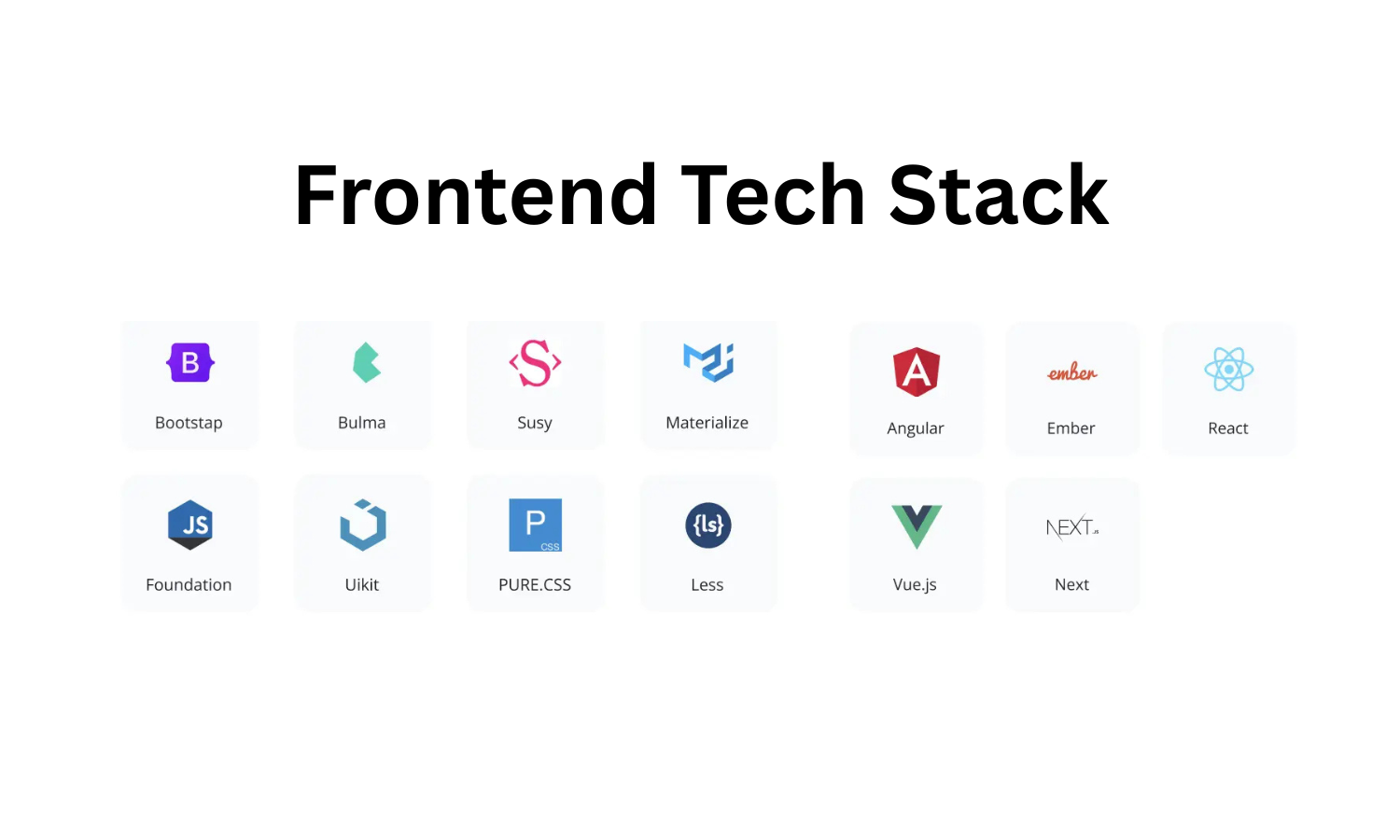Inside the Mind of a Frontend Engineer
By khoanc, at: Feb. 6, 2025, 7:11 p.m.
Estimated Reading Time: __READING_TIME__ minutes


In a world full of websites, apps, and digital products, frontend engineers are the ones who bring ideas to life with a beautiful appearance. They turn design files into real, interactive experiences. They shape how users feel, behave, and engage. And while their work is often underestimated, it’s absolutely essential to building modern tech.
Let’s dive deeper into what makes a frontend engineer tick, from their mindset and skills to their challenges and daily routines.
Who Are Frontend Engineers?
Frontend engineers are responsible for everything users see and interact with. Their job is to take static designs and wireframes and translate them into:
-
Responsive web layouts
-
Interactive components
-
Accessible, clean interfaces
-
Seamless user journeys across browsers and devices
It’s not just about writing HTML and CSS, it’s also about understanding design intent, handling browser quirks, optimizing for performance, and ensuring the user experience is smooth and inclusive.
Key Personalities of a Frontend Engineer
1. Visually Oriented
They care about layout, color, spacing, and how elements respond to different screen sizes. One pixel off? They’ll notice.
2. Detail-Obsessed
They think in hover states, active states, transitions, and error messages. Every interaction counts.
3. Empathetic
Good frontend engineers are constantly asking, “How will the user experience this?” They advocate for accessibility, usability, and clarity.
4. Curious and Adaptive
Frameworks change. Tools evolve. Frontend engineers know how to learn and unlearn quickly, because nothing stays static in this field.

Common Tech Stack
A frontend engineer’s toolbox is constantly evolving, but you’ll often find them working with:
-
Languages: HTML, CSS/SCSS, JavaScript, TypeScript
-
Frameworks: React, Vue, Angular, Next.js
-
State Management: Redux, Zustand, Pinia, Vuex
-
Styling: Tailwind, styled-components, Emotion, CSS Modules
-
Tooling: Webpack, Vite, Babel, ESLint, Prettier
-
Testing: Jest, Cypress, Playwright
-
Design tools: Figma, Zeplin, Storybook
They’re not just writing code, they’re connecting design systems with component logic and making it work under real-world conditions.
What Keeps Them Up at Night?
-
Cross-browser rendering bugs that only happen in Safari, Firefox, Chrome and Edge
-
Designs that look beautiful but break responsively
-
CSS specificity wars
-
Performance scores dropping on Core Web Vitals
-
Unclear handoffs from design teams
-
Comments like: “It works fine on my screen…”
Frontend is a constant balancing act between visual precision, functionality, and user expectations.
Frontend Engineers and Coffee: Why Cold Brew?
Cold brew is trendy, clean, and quietly powerful. This is just like a well-designed frontend.
-
It fits their aesthetic
-
Keeps them focused during pixel-pushing marathons
-
Feels like a calm reward in the middle of debugging chaos
-
Pairs perfectly with dark mode and a dozen open tabs
It’s not just coffee. It’s a creative companion.
A normal tasks list
-
Review Figma files, sync with the design team
-
Fix layout bugs, push styling updates, write tests
-
Implement new features, break something accidentally, fix it
-
Cross-device testing, browser debugging
-
Refactor a messy component you wrote 3 months ago
-
Browse CodePen or scroll Twitter for dev memes and inspiration
Frontend development is never boring and never really finished.
Why Frontend Engineers Matter
They shape the first impression of every digital product. They’re the translators between abstract ideas and real-world interfaces. And when done right, their work fades into the background, leaving users with a smooth, intuitive experience that just feels right. In fact, they have a sense of art which is really important in this real world.
Their impact is immediate and visible. They’re not “just” coders, but they’re also builders of experience.
Conclusion
Frontend engineers are artists, architects, and advocates for great UX and all wrapped into one. They obsess over pixels and polish because they care about the user. And in today’s digital world, that makes them indispensable.
So next time you enjoy a smooth, responsive, mobile-friendly website, thank a frontend engineer (and maybe buy them a cold brew).





